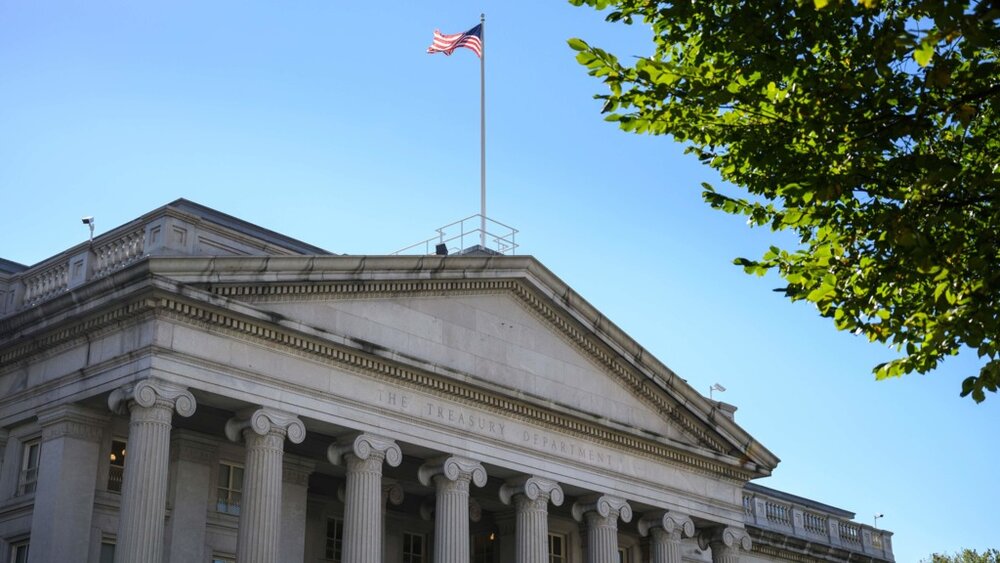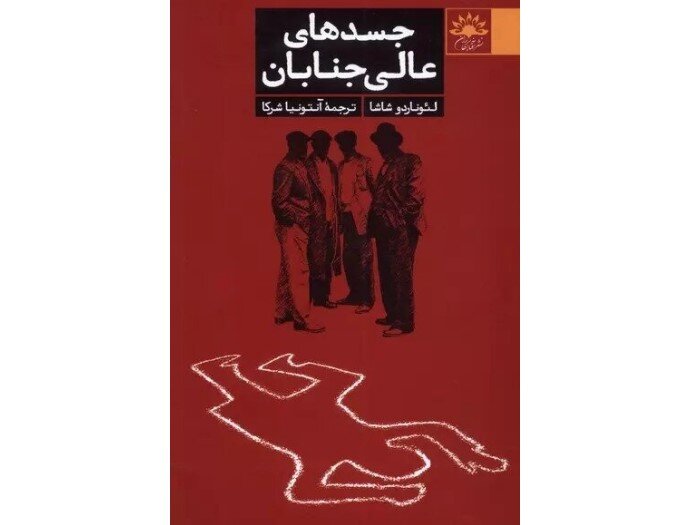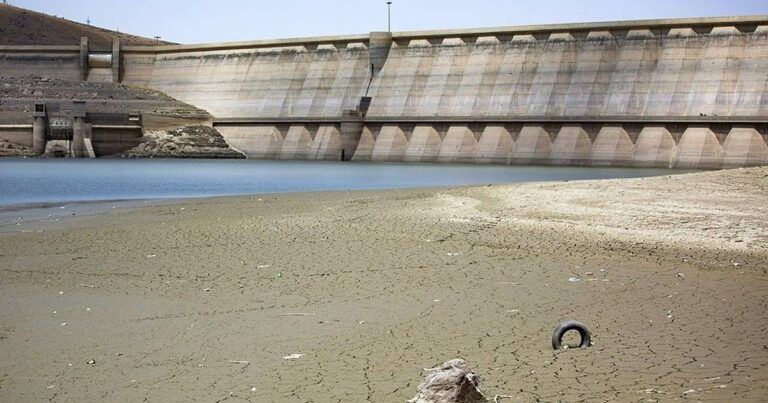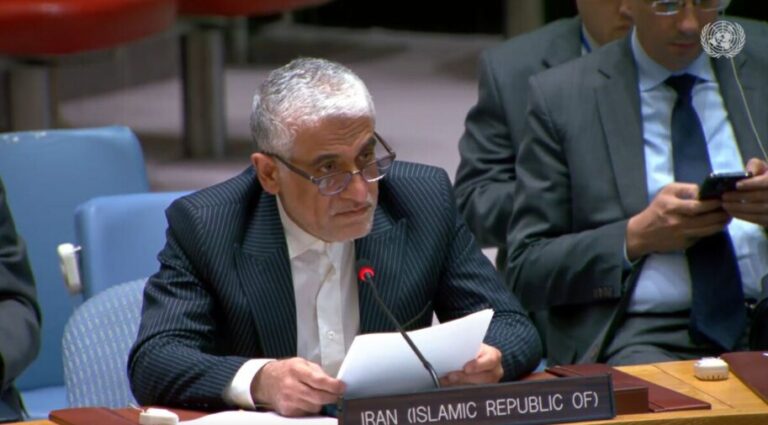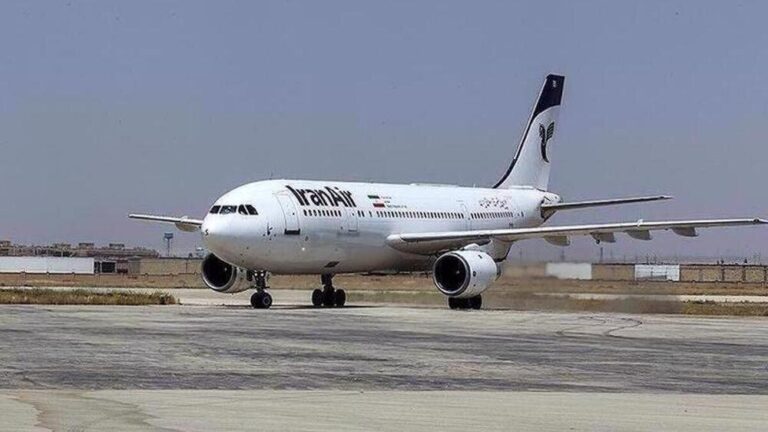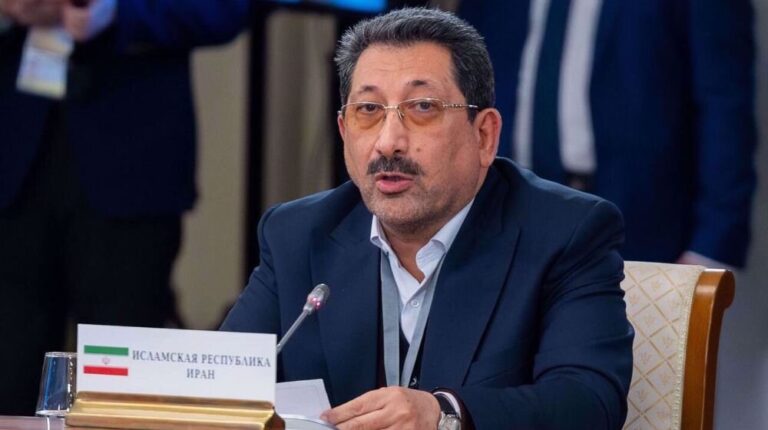US Imposes Sanctions on Iranian Oil Minister and Key Shipping Entities: Impact on Global Oil Market
In a significant development regarding international oil trade, the U.S. Treasury Department has made crucial designations affecting the export of Iranian oil. This move underscores the ongoing tensions surrounding Iran’s oil dealings and its military operations.
According to a statement released on Thursday by the U.S. Treasury Department and reported by Reuters, “Paknejad oversees the export of tens of billions of dollars’ worth of Iranian oil and has allocated billions of dollars’ worth of oil to Iran’s armed forces for export.” This highlights the substantial role that certain individuals and entities play in the global oil market, particularly concerning Iran’s military logistics.
The U.S. Treasury has also implicated several owners and operators of vessels that have been involved in transporting Iranian oil, particularly to China. These vessels have been operating under various jurisdictions, including significant players like India and China:
- The Hong Kong-flagged Peace Hill and its owner, Hong Kong Heshun Transportation Trading Limited.
- The Iran-flagged Polaris 1.
- The Seychelles-registered Fallon Shipping Company Ltd.
- The Liberia-registered Itaugua Services Inc.
This shadow fleet, as claimed by the Treasury, is reportedly used by Iran’s military to mask shipments worth billions to China. Such tactics have raised concerns about the potential implications for international trade and security.
In addition to these vessel designations, the U.S. Department of State has identified three entities and three vessels as blocked property, further tightening the noose around Iran’s oil exports.
The backdrop of these developments is rooted in the historic 2015 Iranian nuclear deal, from which former President Donald Trump unilaterally withdrew in May 2018. This action led to the reimplementation of what is known as the Maximum Pressure Campaign against Tehran, a strategy that aims to curtail Iran’s nuclear ambitions and its influence in the region.
Despite the U.S. pressure, Iran has firmly stated that it will not engage in negotiations under duress. In a recent address, the Leader of the Islamic Revolution, Ayatollah Seyyed Ali Khamenei, responded to an overture from U.S. President Trump for negotiations. He characterized this call as nothing more than an attempt to “deceive the world public opinion.”
Moreover, Ayatollah Khamenei has issued a stark warning regarding potential military actions against Iran. He emphasized that any attacks from the U.S. and its allies would be met with definitive retaliation, asserting that they would ultimately be the losers in such a scenario.
Additionally, the Ayatollah stated that Iran has developed strategies to neutralize the impact of sanctions, much to the dismay of its adversaries. This assertion reflects Iran’s resilience in the face of economic pressures and its ongoing efforts to maintain its military and economic sovereignty.
In summary, the recent actions by the U.S. Treasury Department to designate key figures and vessels tied to Iranian oil exports signal a continued commitment to sanctions and pressure tactics against Iran. As the situation evolves, the global community is closely monitoring the implications of these developments on international trade and regional stability.
The dynamics of Iran’s oil exports and military strategy remain a pivotal factor in the broader geopolitical landscape, with potential repercussions for countries involved in or affected by these ongoing tensions.
